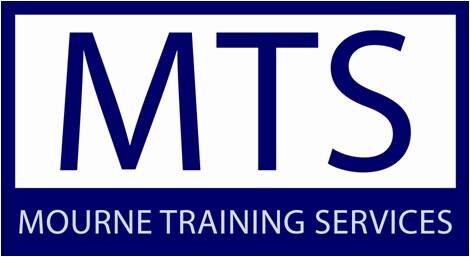TRAINING COURSE
Integrating Chromatography for Pharmaceutical Analysis
On this course, you will learn about the integration algorithms in common integration software packages and the functions of the parameters involved, so that you can ensure, and demonstrate, that the integration has been applied in the most appropriate manner.
Synopsis
Analytical chemistry techniques based on separation science are critical in the analysis of pharmaceuticals and biopharmaceuticals. In chromatography and electrophoresis, integration is the process of determining the area of a peak and thus enabling quantitative analysis.
The control of the integration process is extremely important, particularly in a GMP environment, because it determines the quality of the final results generated, and it can be manipulated to falsify data. Therefore, we need to be able to demonstrate that there is no risk to data integrity.
Attendees are invited to bring along any real life examples that they would like advice on during the training. These may be discussed during group exercises, or, where intellectual property is an issue, privately with the trainer.
Total learning time = 3.5 hours
Learning Objectives
On completion of this training course you will be able to:
- Understand the key concepts of how integration is applied,
- Be able to process chromatography using available integration parameters, and
- Be able to find the best solutions for issues associated with difficult chromatography, such as poorly resolved peaks.
How is this course delivered?
This course is offered as a half day ‘virtual’ live online training event which is delivered over a 3 hours and 45 minutes period, from 12pm to 3:45pm (but may depend on your time zone), including a short break.
More about live online training
Total learning time = 3.5 hours
More about total learning time
The full agenda is provided in the course description.
The course may also be delivered as in-house training, either in the live online format or in a classroom based format at your site. In-house training allows customisation to meet your specific requirements.
Who will deliver this training course?
All training courses are delivered by the MTS consultant, Oona McPolin. Some recordings of MTS webinars are provided below as examples of Oona’s presentation style.
Who should attend this course?
Anyone who integrates chromatography or reviews the data generated from integration processes.
For example:
- Development and Quality Control (QC) analytical chemists
- Reviewers in development and Quality Control (QC)
When can I attend this course in 2024?
Tue 20th Feb 2024 (12pm to 3:45pm GMT/UTC)
Wed 17th Apr 2024 (12pm to 3:45pm BST/UTC+1)
Tue 18th Jun 2024 (12pm to 3:45pm BST/UTC+1)
Tue 26th Nov 2024 (12pm to 3:45pm GMT/UTC)
How much does it cost?
£250 GBP or €295 EUR
Included in your course fees:
- Comprehensive course hand-outs – The training book is provided as an electronic copy (pdf) for both live online and classroom based options.
- Certificate of Attendance
- Optional post training assessment (accessed in e-MTS, our learning management system) which leads to a Certificate of Training.
- Access to useful training materials via e-MTS.
- Post training support – Attendees can contact the trainer with questions that may occur when they apply their learning to real life situations.
Notes:
- All prices are quoted per person excluding VAT.
- VAT notice for live online training: For UK business cutomers and non-business customers (B2C) from all countries VAT is charged at the UK rate (currently 20%). For EU business customers (B2B), the reverse charge can be applied on receipt of a valid VAT identification number and VAT will not be charged. For business customers outside of the UK and EU, VAT will not be charged.
Cancellations and Substitutions
Once made and accepted by MTS, course bookings are liable for payment. Payment is due at least 14 days prior to the course start date. Cancellations prior to 3 weeks before the course date are subject to an administration charge of 25%. Cancellations received less than 3 weeks before the start of the course will not be refunded, although substitutions may be made at any time.
We reserve the right to change the programme, speakers, date or venue without notice, or to cancel an event. In the unlikely event of cancellation occurring, delegates will be notified as soon as possible and will receive a full refund of fees paid.
